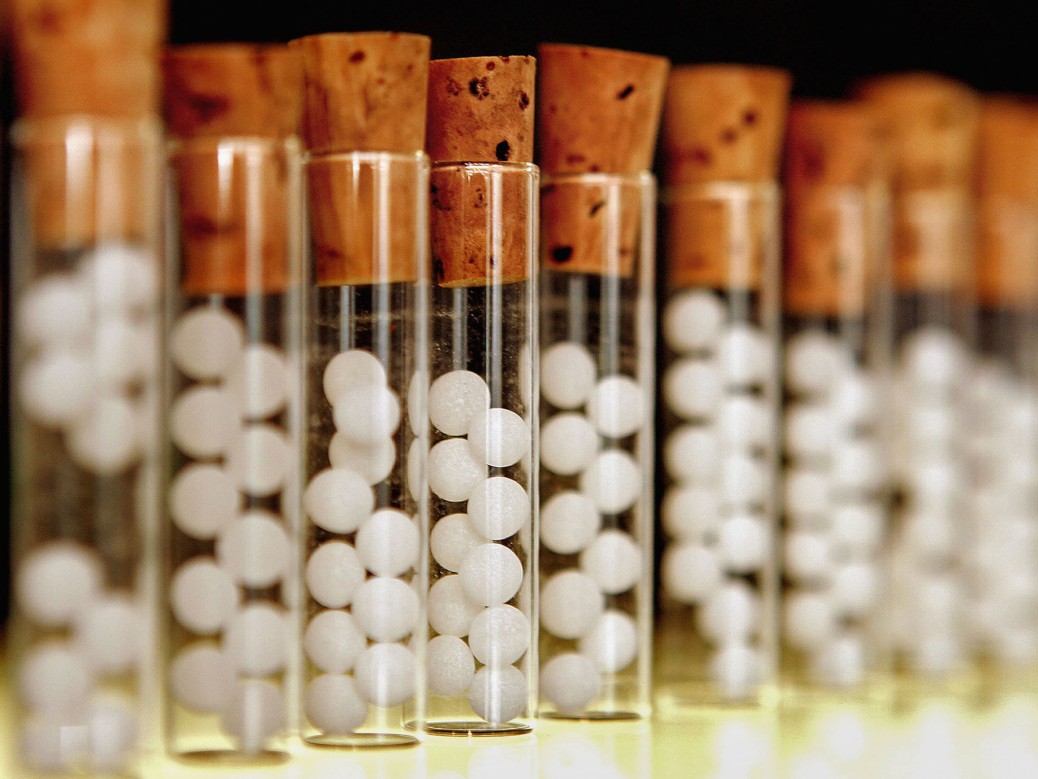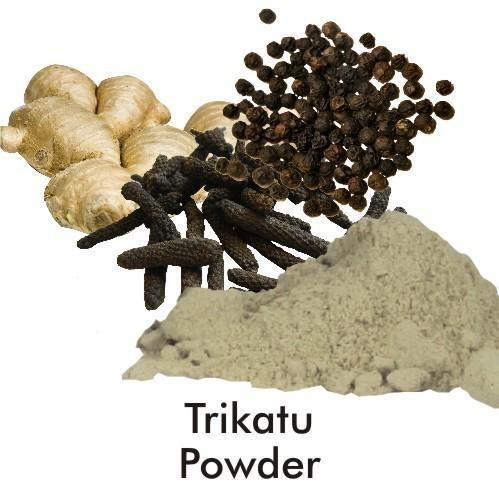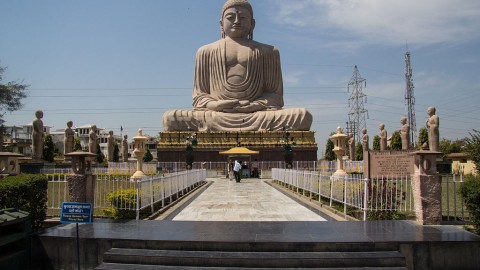Chronic sinusitis occurs when the spaces inside your nose and head (sinuses) are swollen and inflamed for three months or longer, despite treatment.
This common condition interferes with the way mucus normally drains, and makes your nose stuffy. Breathing through your nose may be difficult, and the area around your eyes might feel swollen or tender.
Chronic sinusitis can be brought on by an infection, by growths in the sinuses (nasal polyps) or swelling of the lining of your sinuses. Also called chronic rhinosinusitis, the condition can affect both adults and children.
Symptoms
Common signs and symptoms of chronic sinusitis include:
- Nasal inflammation
- Thick, discolored discharge from the nose
- Drainage down the back of the throat (postnasal drainage)
- Nasal obstruction or congestion, causing difficulty breathing through your nose
- Pain, tenderness and swelling around your eyes, cheeks, nose or forehead
- Reduced sense of smell and taste
Other Signs And Symptoms Can Include:
- Ear pain
- Aching in your upper jaw and teeth
- Cough or throat clearing
- Sore throat
- Bad breath
- Fatigue
Chronic sinusitis and acute sinusitis have similar signs and symptoms, but acute sinusitis is a temporary infection of the sinuses often associated with a cold. The signs and symptoms of chronic sinusitis last at least 12 weeks, but you may have several episodes of acute sinusitis before developing chronic sinusitis. Fever isn’t a common sign of chronic sinusitis, but you might have one with acute sinusitis.
Causes
Common causes of chronic sinusitis include:
- Nasal polyps. These tissue growths can block the nasal passages or sinuses.
- Deviated nasal septum. A crooked septum – the wall between the nostrils – may restrict or block sinus passages, making the symptoms of sinusitis worse.
- Other medical conditions. The complications of conditions such as cystic fibrosis, HIV and other immune system-related diseases can lead to nasal blockage.
- Respiratory tract infections. Infections in your respiratory tract – most commonly colds – can inflame and thicken your sinus membranes and block mucus drainage. These infections can be viral, bacterial or fungal.
- Allergies such as hay fever. Inflammation that occurs with allergies can block your sinuses.
Risk Factors
You’re at increased risk of getting chronic sinusitis if you have:
- A deviated septum
- Nasal polyps
- Asthma
- Aspirin sensitivity
- A dental infection
- An immune system disorder such as HIV/AIDS or cystic fibrosis
- Hay fever or another allergic condition
- Regular exposure to pollutants such as cigarette smoke
Complications
Serious complications of chronic sinusitis complications are rare, but may include:
- Vision problems. If your sinus infection spreads to your eye socket, it can cause reduced vision or possibly blindness that can be permanent.
- Infections. Uncommonly, people with chronic sinusitis may develop inflammation of the membranes and fluid surrounding the brain and spinal cord (meningitis), an infection in the bones, or a serious skin infection.
Homoeopathic Treatment
Arsenicum: These children feel throbbing and burning pains in the sinuses. Their pains are aggravated by light, noise, movement, after midnight, and may be triggered by anxiety, exertion, and excitability. They may feel relief by lying quietly in a dark room with the head raised on pillows and exposed to cool air. Their teeth may feel long and painful. They may feel nausea and experience vomiting concurrent with their sinusitis.
Belladonna: Throbbing pains in the front part of the head that come on suddenly and tend to leave suddenly only to return are characteristic of children who need this medicine. (see Headache)
Hepar Sulphur: Rarely indicated at the beginning of a sinusitis condition, Hepar sulphur children begin sneezing and then develop sinusitis from the least exposure to cold air. Their nasal discharge is thick and yellow. The nostrils become very sore from the acrid discharge, and their nasal passages become sensitive to cold air. Concurrently, they may have a headache with a sense of a nail or a plug that is thrust into the head along with a boring or bursting pain. Their headache above the nose is worse from shaking the head, motion, riding in a car, stooping, moving the eyes, or simply from the weight of a hat, but is relieved by the firm pressure of a tight bandage. The scalp is so sensitive that simply combing the hair may be painful.
Kali BIC: The distinguishing feature of children with sinusitis who need this medicine is that they have a thick, stringy nasal discharge.They have extreme pain at the root of the nose that is better by applying pressure there. The bones and scalp feel sore. Dizziness and nausea when rising from sitting and the severe pain may lead to dimmed vision. The pains are worse by cold, light, noise, walking, stooping, and in the morning (especially on waking or at 9 am) or at night. They prefer to lie down in a darkened room and feel better by warmth, warm drinks, or overeating.
Mercurius: These children feel as though their head was in a vise. The pains are worse in open air, from sleeping, and after eating and drinking. The pains are also aggravated by extremes of hot and cold temperature. The scalp and the nose become very sensitive to the touch. Their teeth feel long and painful, and they may salivate excessively. The nasal discharge is usually green and too thick to run. It is offensive smelling and acrid.
Pulsatilla: The head pain is worse when lying down and in a warm room and is better in cool air for children who need this medicine. The sinusitis may begin after being overheated. Stooping, sitting, rising from lying down, and eating can aggravate the head pain, which is often in the front part of the head and accompanied with digestive problems. They get some relief from slow walking in the open air or by wrapping the head tightly in a bandage. This condition is commonly experienced when the child is in school. The nasal discharge is often thick and yellow or green.
Silicea: These children usually have a chronically stuffed nose. They have a sense as though their head would burst. The head pain tends to be worse in one eye, usually the right. It is aggravated by mental exertion (students tend to get sinusitis while studying for an exam). Cold air, moving the head, light or noise can also aggravate the head pain. It is relieved by wrapping the head warmly and tightly or by applying heat.
Spigelia: Children who develop sinusitis with a sharp pain that is worse on the left side may need this medicine. They tend to get sinusitis after exposure to cold or cold, wet weather. They feel pain from warmth or when they stoop or bend the head forward, and they feel some relief by cold applications or from washing with cold water.
Tags: Sinusitis And Homoeopathy










